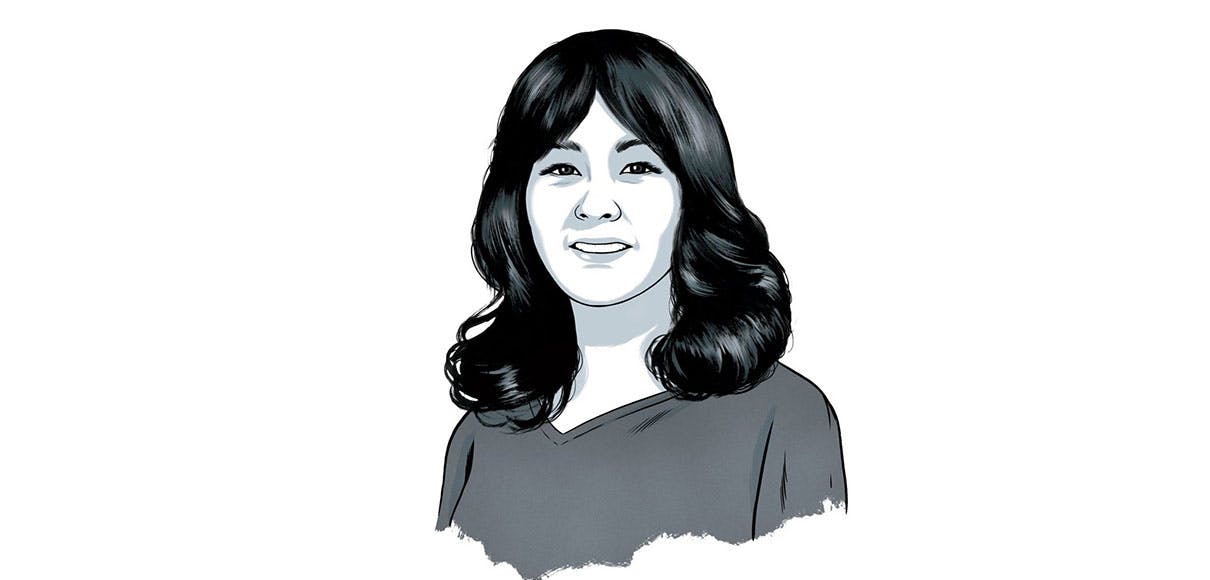
Sept. 11, 2001, was my first day back to work after maternity leave for my twins. That morning, I turned on the television to the news that two planes had crashed into the World Trade Center in New York City.
Eighteen years later, my twins are now seniors in high school (or some semblance of high school as they sit in front of their computers for virtual classes due to the COVID-19 pandemic). Their lives began with terrorist attacks on the U.S., and their high school careers are concluding with the coronavirus hijacking their senior year. It’s delivered a series of disappointments to them, but the virus has been far more devastating to others.
These moments call to mind a quote from the late Fred Rogers: “When I was a boy and I would see scary things in the news, my mother would say to me, ‘Look for the helpers. You will always find people who are helping.’”
That is what I see throughout Seattle Pacific’s campus in response to the crisis: the helpers. As students transitioned to remote learning, professors like Karen Gutowsky-Zimmerman kept a prayer journal for her students and scheduled FaceTime check-in sessions to see how each student was holding up.
Professor and Chair of the Physics Department Lane Seeley jumped onto the video platform Panopto to demonstrate logarithmic graphing using COVID-19 statistics for his global climate change students. And communication professor Peg Achterman moderated a Zoom session with SPU professors to share what remote offerings were available to students.
When you focus on the helpers in a crisis, you see the strength and beauty of a community — a community that remains connected even in a time of social distancing.
Months before China’s first coronavirus case surfaced, I was working on this issue of Response (my first as editor of the publication). I wish I could say I knew it would be important to feature stories of alumni helping in crisis situations around the world, such as our piece on Karen Eubank ’90 who, with her husband, Dave, founded the humanitarian organization Free Burma Rangers. Their organization is helping people suffering in some of the most intense conflict zones in the world.
There is Nikum Pon MEd ’08, who escaped death in Cambodia’s killing fields. Today, he is back in Cambodia sharing the story of God’s protection over his life and planning to build a school there.
I’d like to claim I commissioned an article about Professor of Clinical Psychology Amy Mezulis’ work on trauma recovery, knowing readers would be feeling stressed by the pandemic, but I can’t claim that omniscience. Instead, I believe God is able to do immeasurably more than all we can ask for or imagine; He orchestrates things — even the stories in a magazine — to bring us comfort and hope in these unchartered times.
My teens will matriculate from high school in June, either in graduation robes or bathrobes (virtual commencement attire). The world they enter, and the colleges they enroll in, will forever be altered by the impact of the coronavirus, but the mission for people of faith remains the same. Until we one day see our Savior face to face, we are all virtual students — learning remotely, serving others, and, like Professor Gutowsky-Zimmerman, checking in with each other to see how we’re holding up.




